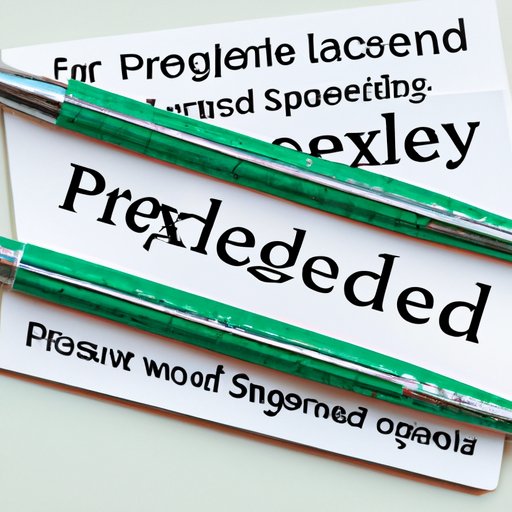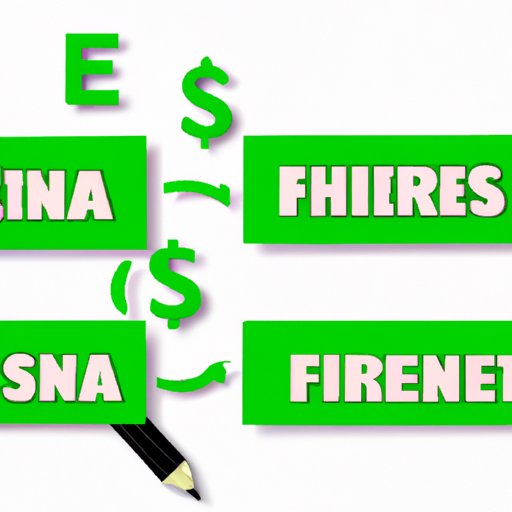

Introduction to FSA and its benefits
If you are looking for ways to save money on your healthcare expenses, a Flexible Spending Account (FSA) is something you need to know about. An FSA is a benefit offered by many employers that lets you set aside pre-tax dollars that can be used to pay for eligible healthcare expenses. In this article, we will explore the benefits of FSA, tips on how to maximize your savings, and how to use FSA funds for a variety of healthcare expenses.
Maximizing Your FSA: Simple Tips for Saving Money on Healthcare Expenses
One of the easiest ways to maximize your FSA is to ensure you are using it for eligible healthcare expenses. These expenses typically include doctor’s visits, prescription drugs, and copays. You can save money by tracking your spending and making sure you stay within your FSA limits. Planning ahead for future medical costs is also important to ensure you use all of your FSA funds before the end of the year.
How to Use FSA Funds for Alternative Medicine
If you are interested in alternative therapies such as acupuncture, naturopathy, or other treatments, you will be pleased to know that your FSA funds can be used to cover these expenses. It is important to find qualified practitioners and ensure the expenses meet FSA requirements. This is a great option for individuals who prefer alternative treatments or for those who have exhausted traditional healthcare options.
Stretching Your FSA Dollars: Clever Ways to Save Money on Prescriptions
Prescription drugs can be a significant healthcare expense. However, there are ways to save money on these costs. Opting for generic alternatives, using discount programs offered by your pharmacy or insurance company, and using mail-order pharmacies can all reduce your prescription costs. Additionally, certain over-the-counter medications such as allergy medication and pain relievers can be purchased using your FSA funds.
Eligible Expenses You May Not Know About: Using FSA Funds for Vision and Dental Care
When it comes to vision and dental care, there are several lesser-known eligible expenses you can use your FSA funds for, including dental cleanings, glasses, contacts, and LASIK. It is important to note that FSA funds can also be used for eye exams and other vision care. To maximize your FSA funds, consider planning for these expenses at the beginning of the year.
Planning for the Future: How to Use FSA Rollovers and Grace Periods
One of the benefits of FSA is that you can roll over up to $500 of unused funds into the next year, or you have a 2.5 month grace period to use any unused funds before they expire. To take advantage of these options, plan ahead and ensure you use your FSA funds before the end of the year. Doing so can help you maximize your FSA benefits while saving money on healthcare expenses.
Conclusion
FSA is an excellent option to save money on healthcare expenses. By knowing which expenses are eligible and understanding the rules for FSA rollovers and grace periods, you can make the most of your savings. Consider alternative therapies, ways to save on prescription costs, and using your FSA funds for vision and dental care expenses, and always plan ahead for future medical costs. By taking these steps, you can effectively use your FSA funds and save money on your healthcare expenses.




